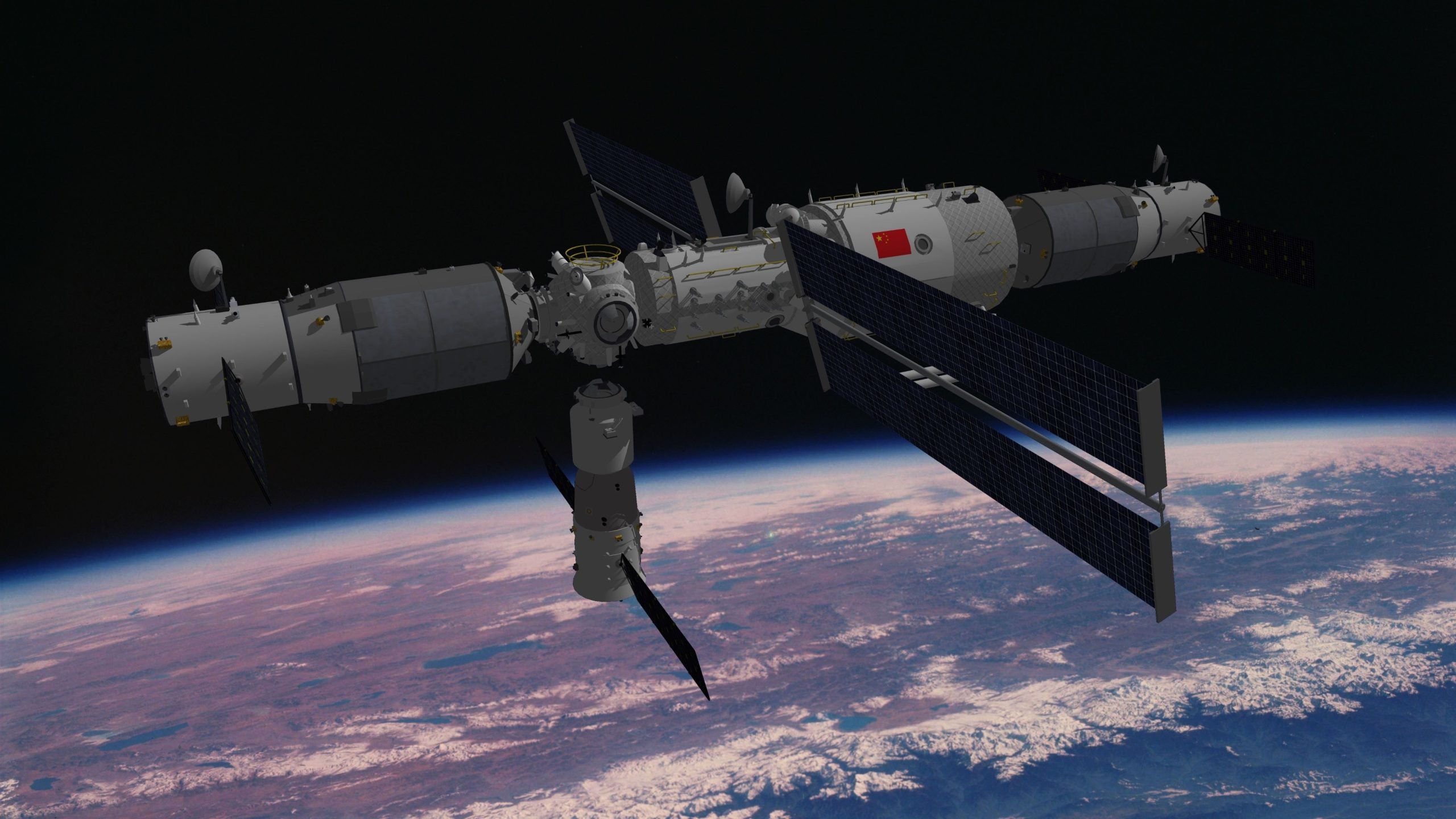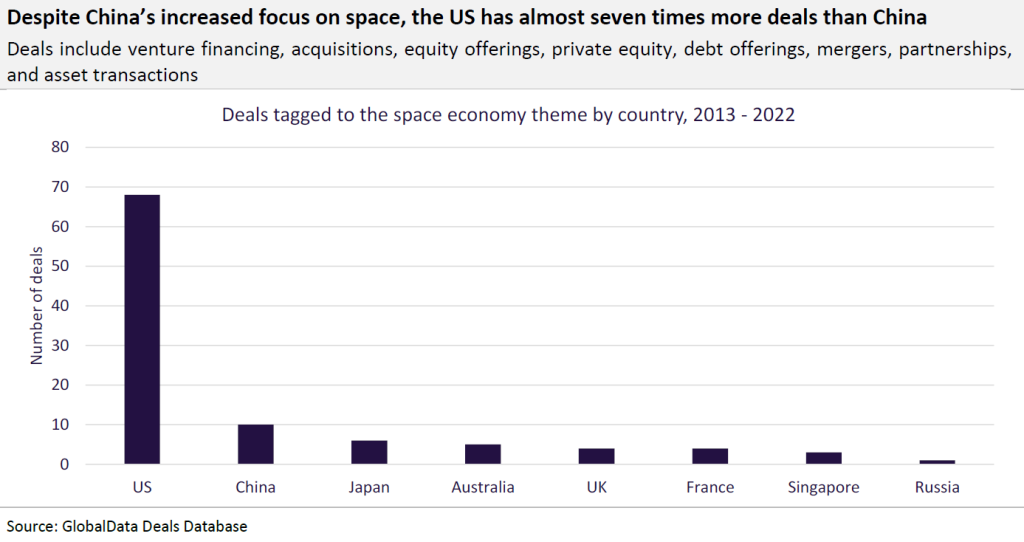
The China Manned Space Agency (CMSA) is looking to contract private, domestic space sector companies for future missions, its deputy director, Lin Xiqiang, said at a 25 October press briefing.
Director Xiqiang reported that the CMSA has received proposals for privately developed rockets to be used for cargo transport trips to the Chinese space station. The size or value of the contracts were not disclosed.
The CSMA, which saw three astronauts return to Earth from the Tiangong Space Station on Tuesday (31 Oct), is following the strategy used by NASA in contracting Elon Musk’s SpaceX and funding startups
NASA received an award in 2022 for investing more than $3.6bn directly in small businesses, as well as $3.5bn subcontracted to small businesses from the agency’s largest contractors.
The private sector initially entered the space economy as third parties contracted by government agencies and countries’ militaries to fulfil their interest in space when government funding alone could not cover them.
SpaceX, founded in 2002, has become a dominant force in rocket manufacturing, mission operations, and satellites through its Starlink program. In the first quarter of 2023 alone, SpaceX carried out 40 missions.
How well do you really know your competitors?
Access the most comprehensive Company Profiles on the market, powered by GlobalData. Save hours of research. Gain competitive edge.

Thank you!
Your download email will arrive shortly
Not ready to buy yet? Download a free sample
We are confident about the unique quality of our Company Profiles. However, we want you to make the most beneficial decision for your business, so we offer a free sample that you can download by submitting the below form
By GlobalDataChina’s space industry has previously collaborated with the private sector, with Beijing Interstellar Glory Space Technology, or i-Space, launching the country’s first privately owned rocket back in 2019.
Data from GlobalData’s Chinese Tech report found that China has 262 intelligence, surveillance, and reconnaissance (ISR) satellites in operation, more than the rest of the world combined, including the US.
In addition, it has some 4,500 low Earth orbit (LEO) satellites in all, including communications, earth observation, and navigational satellites. China also plans to build a mega constellation of almost 13,000 LEO satellites as part of its 2021-2026 Five-Year Plan.

Two giant state-owned companies, CASC and CASIC, orchestrate China’s space drive. They contract specialist companies to undertake such tasks as providing satellite-based internet services for remote regions.
These include companies like Chang Guang Satellite Technology, which is developing remote sensing satellites, and Galactic Energy which is developing kerosene and liquid oxygen-based engines.
The initial shape of China’s (and other countries’) challenge primarily takes the form of Musk’s SpaceX, the inventor of the transformative reusable rocket, whose Falcon 9 rocket is far ahead of anything close to the launchpad in China.
At the same time, the SpaceX Starlink 5G internet offering is already selling receivers and access to subscribers. It is powered by nearly 1,500 satellites and expects to eventually have 30,000 satellites in operation.
Our signals coverage is powered by GlobalData’s Thematic Engine, which tags millions of data items across six alternative datasets — patents, jobs, deals, company filings, social media mentions and news — to themes, sectors and companies. These signals enhance our predictive capabilities, helping us to identify the most disruptive threats across each of the sectors we cover and the companies best placed to succeed.






